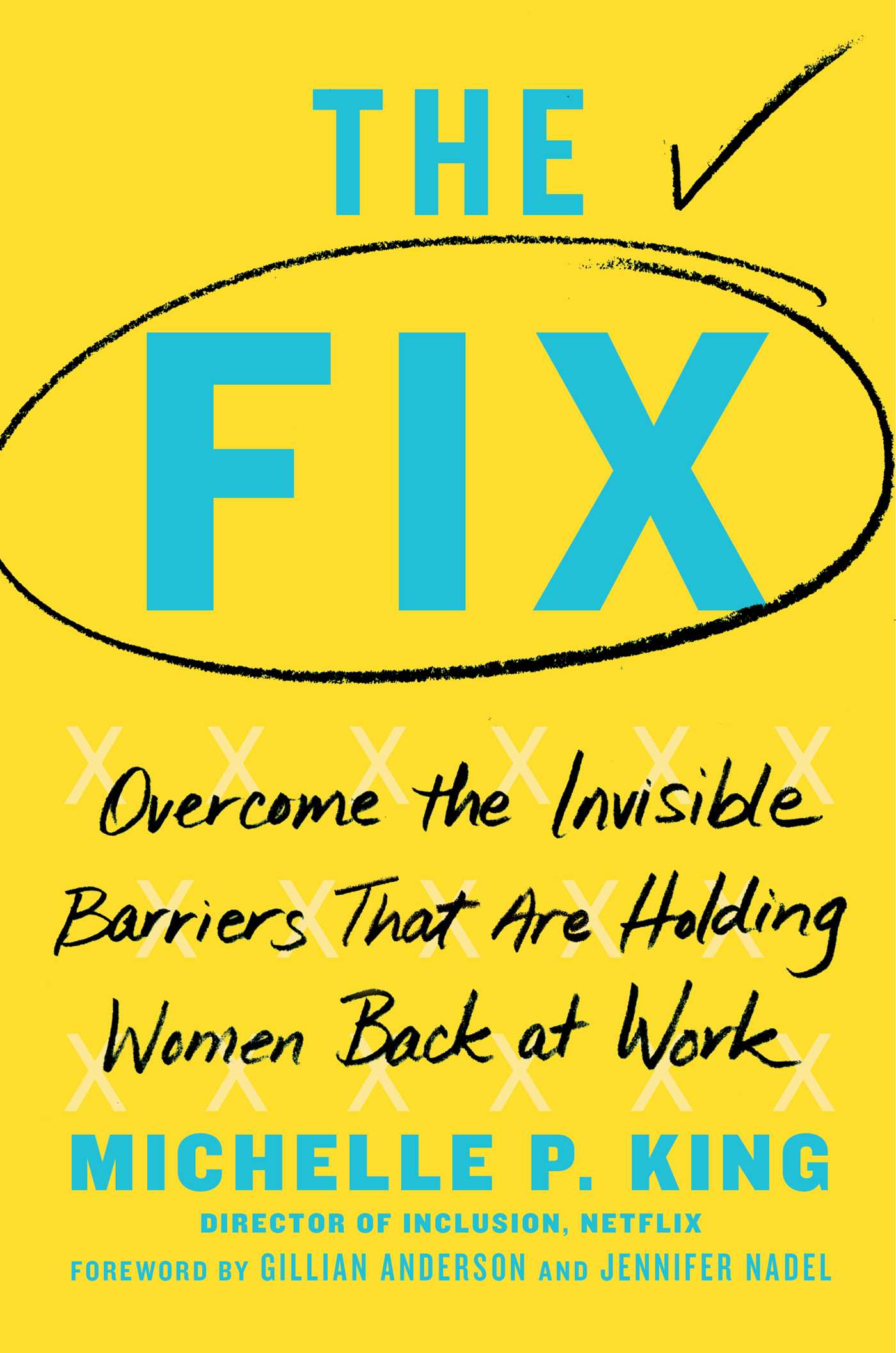
One of the best pieces I’ve read all week about the structural gender inequality of workplaces was the transcript of HBR’s IdeaCast podcast with Michelle King, Director of inclusion at Netflix and host of The Fix podcast. She’s also a Kiwi, as I discovered when I listened to it. I’m starting to think New Zealander’s should just run the world for everyone.
I was never full sold on Sheryl Sandberg’s Lean In philosophy, which seemed to come from a position of extreme privilege and didn’t match with what I saw happening to smart female colleagues. Michelle Obama was pretty blunt about her opinion of it and Ruth Whippman wrote an excellent piece in the New York Times recently about how “the assertiveness movement has taken a male-defined value system and sold it back to us as feminism.”
The part I enjoyed most from Michelle King’s interview was the concept of asking leaders to “disrupt their own denial.” I was glad she talked about race, too, but there are many more ways to “other” people. She told a story from her HR days of a woman who was eminently qualified to move into senior management being knocked back with ambiguous arguments from male leadership that essentially boiled down to, “she’s not one of us.”
And in that moment, I advocated, I asked why, I asked what does this have to do with her performance. And they decided to hire her, not hire her, sorry, promote her, but it was a sort of hollow victory because now she had to work with people who didn’t really believe she was quite right, and quite sort of fitted in. And the CFO promoted her, but as he did he said, well, she’s my diversity kind of achievement for the year. And it was just that throwaway comment that immediately delegitimized her amongst her peers.
King also discussed micro-agressions, something that people of colour experience on a daily basis too. It made me think of these as “micro-barriers” (because barriers are often acts of aggression too). “Micro” barriers from the point of view of those putting them there, of course, since they are on the advantageous side of that structural privilege, making complaints about those barriers easy to dismiss. But the cumulation can prove to be insurmountable and exhausting. It only takes a small barrier to stall someone’s career completely, especially if it makes them feel like they’re stuck in Groundhog Day.
Have a listen to the whole thing.
(Hat tip to Marie-Clare Fenech who shared it on LinkedIn).
As an accompaniment to the above, What’s Really Holding Women Back?, also on HBR, describes a revealing study by Robin J. Ely and Irene Padavic debunking persistent myths of women’s lack of career advancement. The findings are an indictment of leadership in denial, even in the face of strong data. They conclude that this is really a problem of workism and that is affecting everyone. A couple of choice quotes:
All this led us to what we felt was an inescapable conclusion: For the firm to address its gender problem, it would have to address its long-hours problem. And the way to start would be to stop overselling and overdelivering.
And:
Our findings align with a growing consensus among gender scholars: What holds women back at work is not some unique challenge of balancing the demands of work and family but rather a general problem of overwork that prevails in contemporary corporate culture. the demands of work and family but rather a general problem of overwork that prevails in contemporary corporate culture.
Yes indeed.
This post is a portion of my newsletter Doctor’s Note. Sign up if you’d like to get articles like these and more in your inbox on a regular basis. And if you like that, you might like my podcast, Power of Ten.


